Feb 20, 2025
Author:Amanda Lyu
As a cat owner, you've probably often wondered why your furry friend seems to be in a near-constant state of slumber. It's a common observation, and there are several fascinating reasons behind this feline behavior.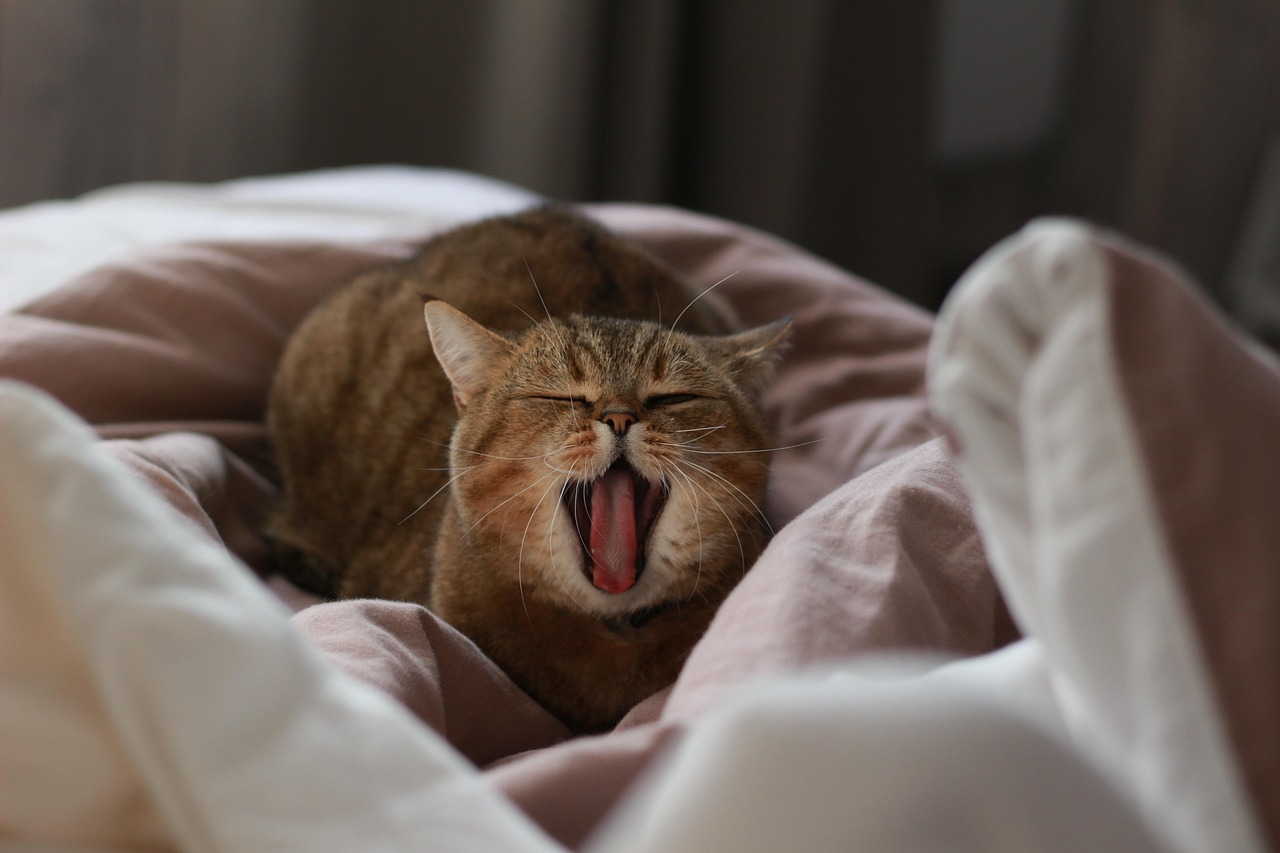
Cats are descendants of wild predators, and their sleeping habits are deeply rooted in their evolutionary history. In their natural habitats, cats had to save energy for hunting.Hunting is an energy-intensive activity that requires a great deal of physical and mental effort. By sleeping for long periods, they could ensure that they had enough energy to stalk, chase, and capture their prey when the opportunity presented itself.
Take, for example, the African wildcat, an ancestor of the domestic cat. It spends a significant portion of its day hidden away, conserving energy. When it's time to hunt, it can then launch a sudden, powerful attack on small rodents or birds. This survival-based behavior has been passed down through generations, and even our modern-day house cats retain this instinct. They may not have to hunt for their food, but their bodies are still wired to follow this energy-conservation pattern.
Kittens, in particular, sleep a lot. A young kitten can sleep up to 20 hours a day. This is because their growing bodies need a lot of rest to develop properly. Just like human babies, kittens' brains and bodies are rapidly changing, and sleep plays a crucial role in this process.
During sleep, growth hormones are released, which help in muscle development, bone growth, and the overall maturation of the kitten's body. For instance, a two-month-old kitten named Whiskers in a family's home is always napping. Whether it's in a cozy corner of the living room or curled up in a soft bed, Whiskers seems to be constantly catching up on sleep. As he grows, his sleep patterns will gradually change, but for now, those long naps are essential for his growth.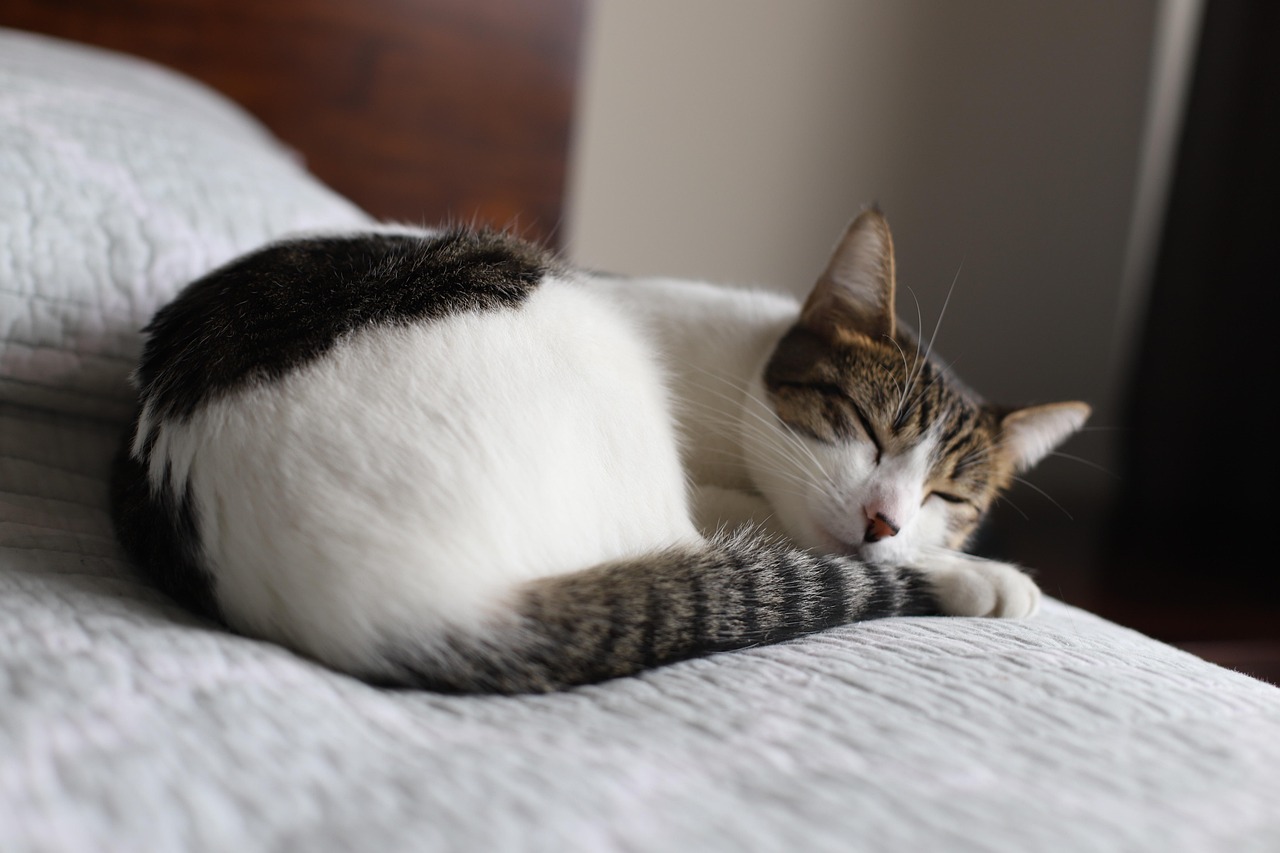
Cats have a relatively low metabolic rate compared to some other animals. Their bodies don't burn energy as quickly as, say, a small dog or a rodent. This means they don't need to be constantly active to maintain their body functions.
A cat named Mittens, who lives in a suburban house, spends most of his days dozing on the windowsill. He doesn't need to run around all day to keep his body warm or to generate enough energy. Instead, he can conserve his energy through long periods of sleep and only become active when he's hungry, wants to play, or is exploring his territory.
The environment in which a cat lives can also significantly impact its sleep patterns. A warm, quiet, and safe environment is a cat's paradise. When cats feel secure, they are more likely to relax and fall asleep.
For example, in a home with a soft, heated cat bed placed in a corner away from the noise and commotion, a cat named Luna will often curl up and take a long nap. On the other hand, if a cat's environment is noisy, stressful, or too cold, it may have trouble sleeping or may be less likely to sleep for extended periods.
Sometimes, excessive sleepiness in cats can be a sign of health problems. Parasite infections, such as fleas, ticks, or internal worms, can make a cat feel weak and tired. Viral infections like feline leukemia or feline immunodeficiency virus can also cause lethargy and increased sleepiness.
If a cat named Simba, who used to be very active, suddenly starts sleeping much more than usual, it's a cause for concern. His owner should take him to the veterinarian to rule out any underlying health issues.

More to know
Cats experience various stages of sleep, including REM (rapid eye movement) sleep and deep sleep. During REM sleep, cats may twitch their whiskers, paws, or tails as they dream. This stage is crucial for cognitive functions, such as memory and learning. Deep sleep, on the other hand, is essential for physical restoration and healing.
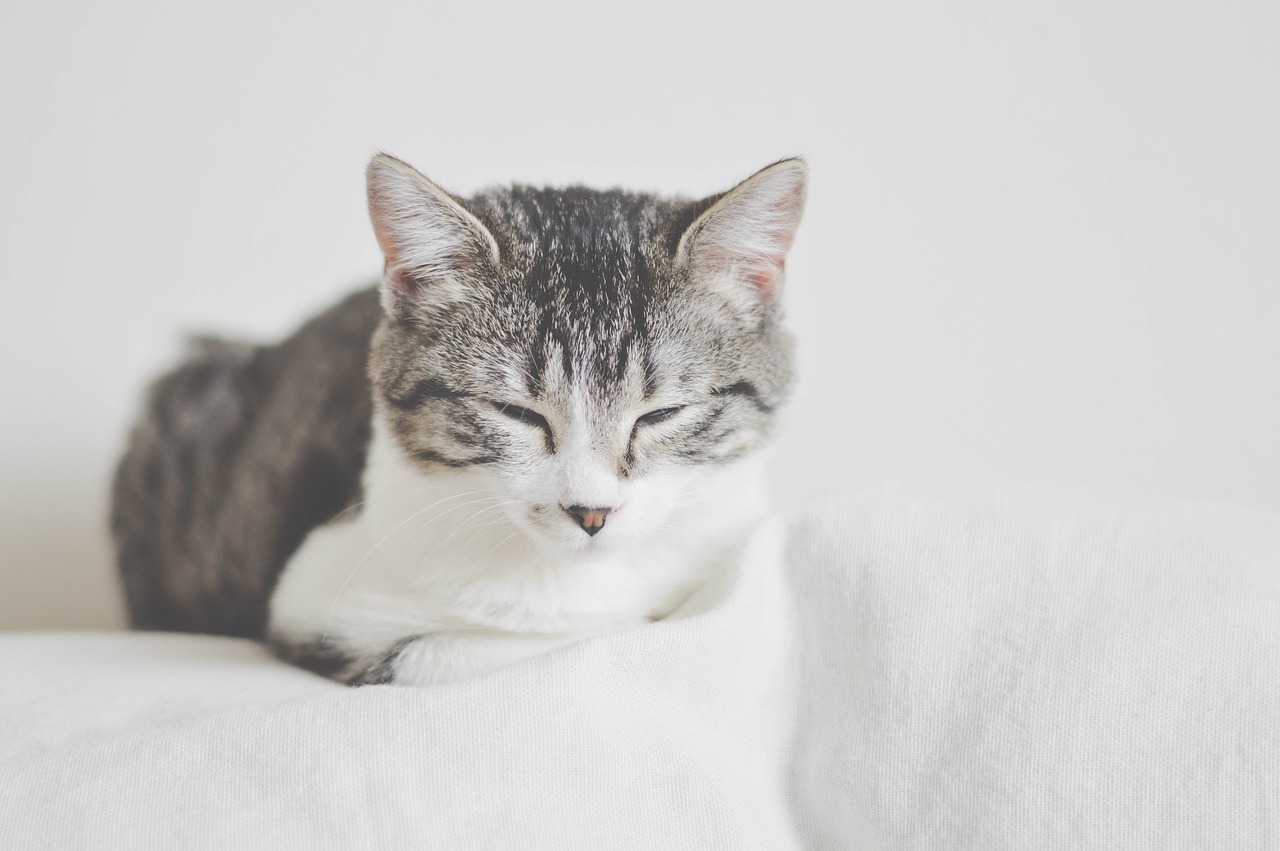
Healthy sleep in cats includes periods of both light and deep sleep. A cat that wakes up easily but returns to sleep quickly is typically healthy. However, signs of concern include excessive lethargy, difficulty waking up, or restlessness. If you observe these signs, it's best to seek advice from your veterinarian. Impact of Age on Sleep Patterns
The sleep needs of cats vary with age. Kittens sleep up to 20 hours a day to support their rapid growth. Adult cats usually sleep 12-16 hours daily, while senior cats may need more rest due to slower metabolism and potential health issues. As cats age, their sleep patterns may become more fragmented.
Different cat breeds may have unique sleep habits. For example, Persian cats are known for their calm and relaxed demeanor, often enjoying longer naps. In contrast, more active breeds like Bengals may have shorter, more frequent sleep sessions. Understanding your cat's breed can help you cater to their specific sleep needs.
Understanding why your cat sleeps so much can help you provide the best care for your feline companion. By creating a comfortable environment and being vigilant about their health, you can ensure that your cat lives a happy, healthy life.
Label:
Popular Post

What to Feed a Sick Dog With No Appetite? [2025 Guide]
May 16, 2023
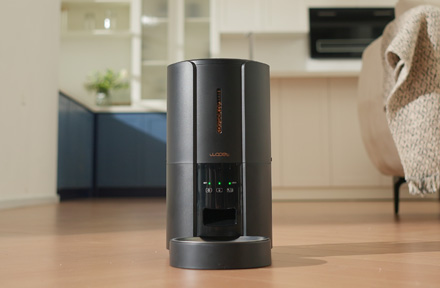
Troubleshooting Common Issues with Automatic Pet Feeders: Tips & Tricks for Pet Owners
Oct 26, 2023

Why Does My Cat Cough After Drinking Water? 8 Potential Reasons
Mar 13, 2023
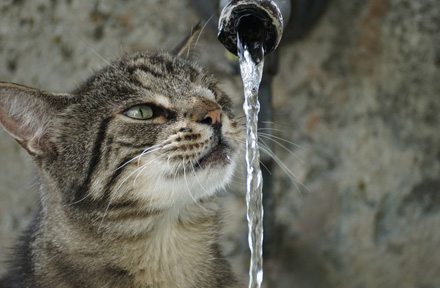
Why is My Cat Throwing up Water? Top 5 Causes Here
Feb 08, 2023
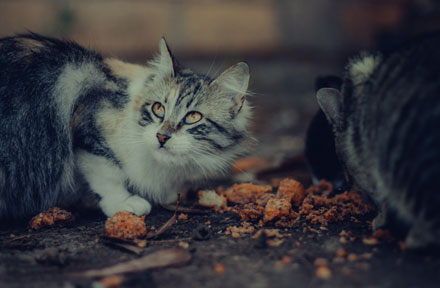
My Cat Only Eats A Little at A Time - What to Do?
Feb 27, 2023
$99.99
$129.99
Copyright © 2025 WOPET. All Rights Reserved.